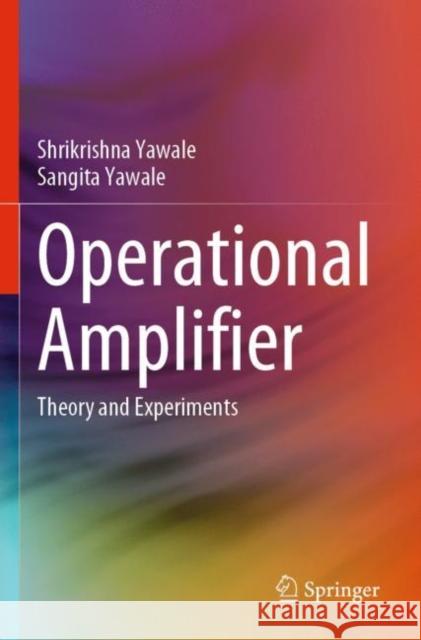Operational Amplifier: Theory and Experiments » książka
topmenu
Operational Amplifier: Theory and Experiments
ISBN-13: 9789811641879 / Angielski / Miękka / 2022
This book covers several aspects of the operational amplifier and includes theoretical explanations with simplified expressions and derivations. The book is designed to serve as a textbook for courses offered to undergraduate and postgraduate students enrolled in electronics and communication engineering. The topics included are DC amplifier, AC/DC analysis of DC amplifier, relevant derivations, a block diagram of the operational amplifier, positive and negative feedbacks, amplitude modulator, current to voltage and voltage to current converters, DAC and ADC, integrator, differentiator, active filters, comparators, sinusoidal and non-sinusoidal waveform generators, phase lock loop (PLL), etc. This book contains two parts—sections A and B. Section A includes theory, methodology, circuit design and derivations. Section B explains the design and study of experiments for laboratory practice. Laboratory experiments enable students to perform a practical activity that demonstrates applications of the operational amplifier. A simplified description of the circuits, working principle and practical approach towards understanding the concept is a unique feature of this book. Simple methods and easy steps of the derivation and lucid presentation are some other traits of this book for readers that do not have any background information about electronics. This book is student-centric towards the basics of the operational amplifier and its applications. The detailed coverage and pedagogical tools make this an ideal textbook for students and researchers enrolled in senior undergraduate and beginning postgraduate electronics and communication engineering courses.











